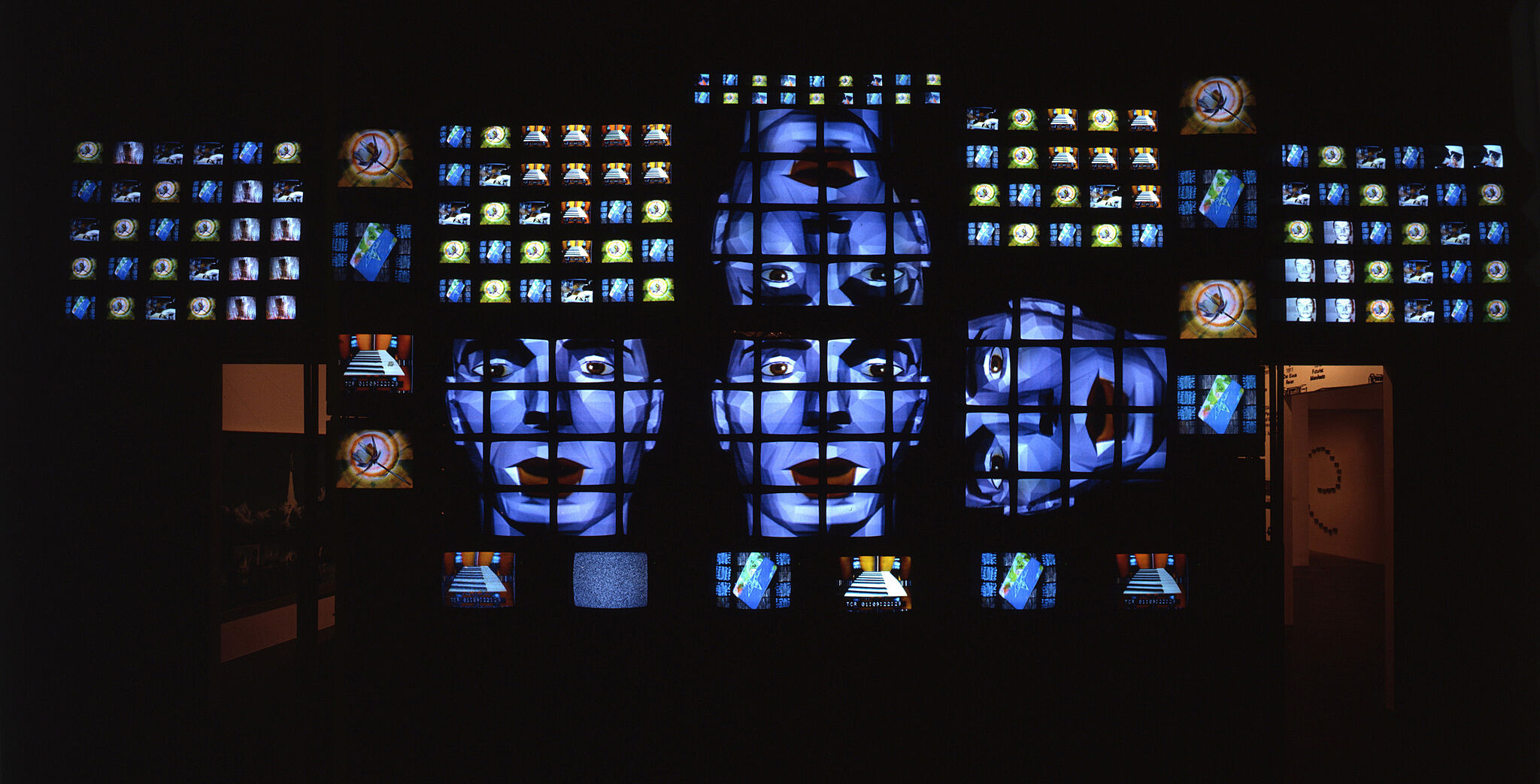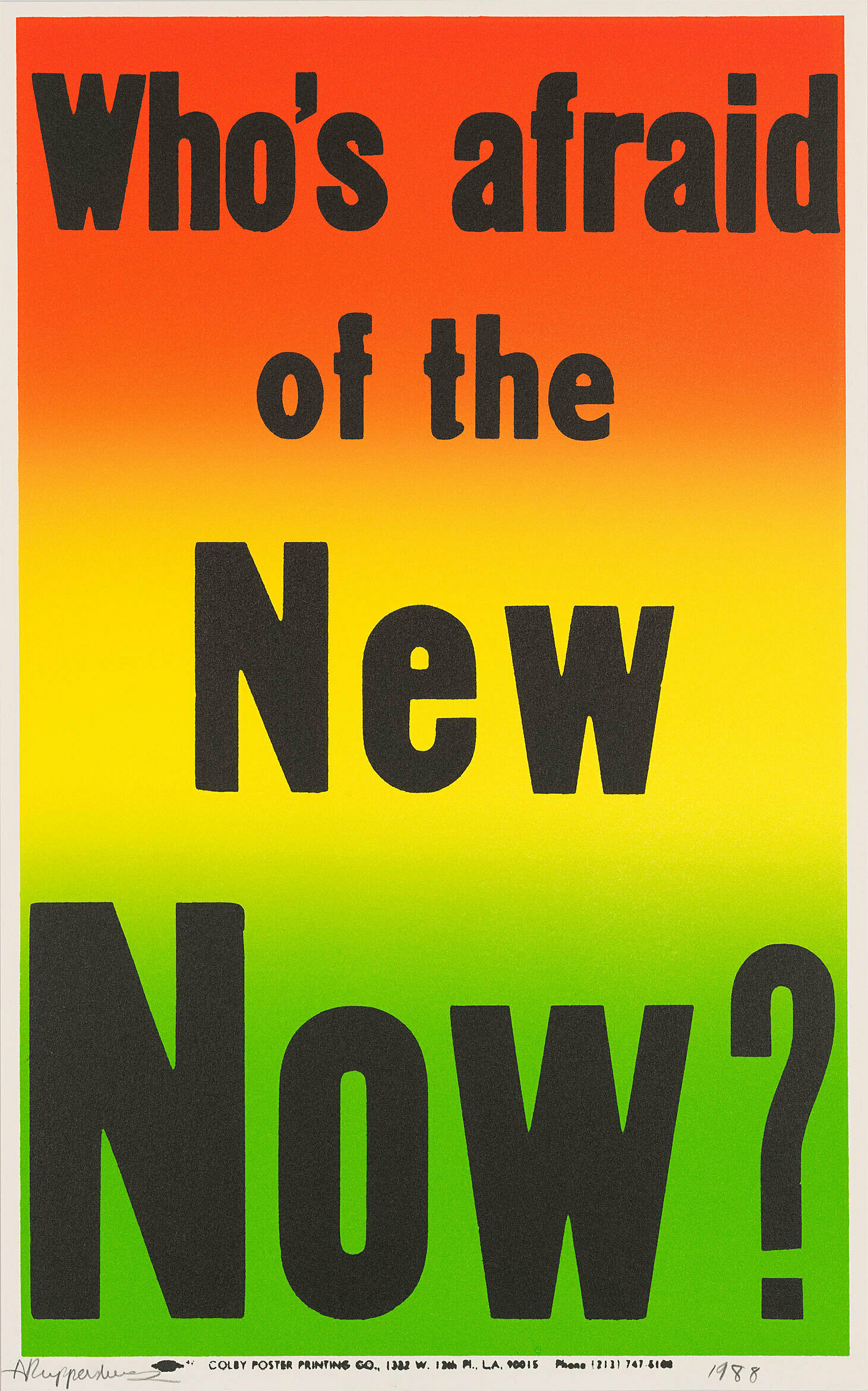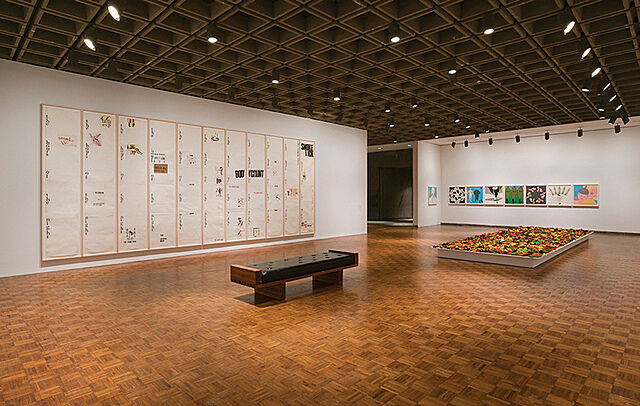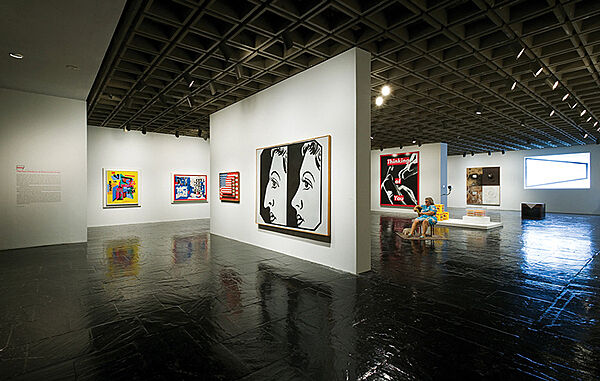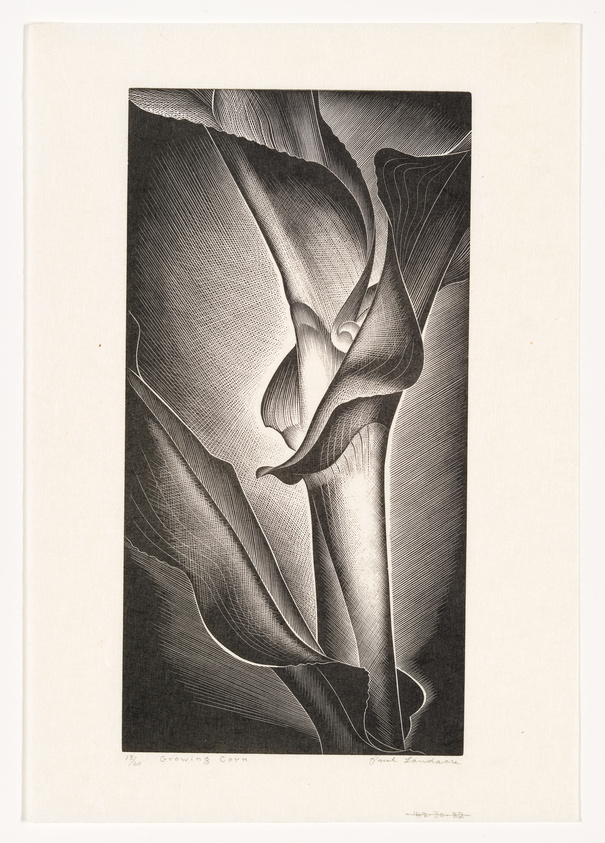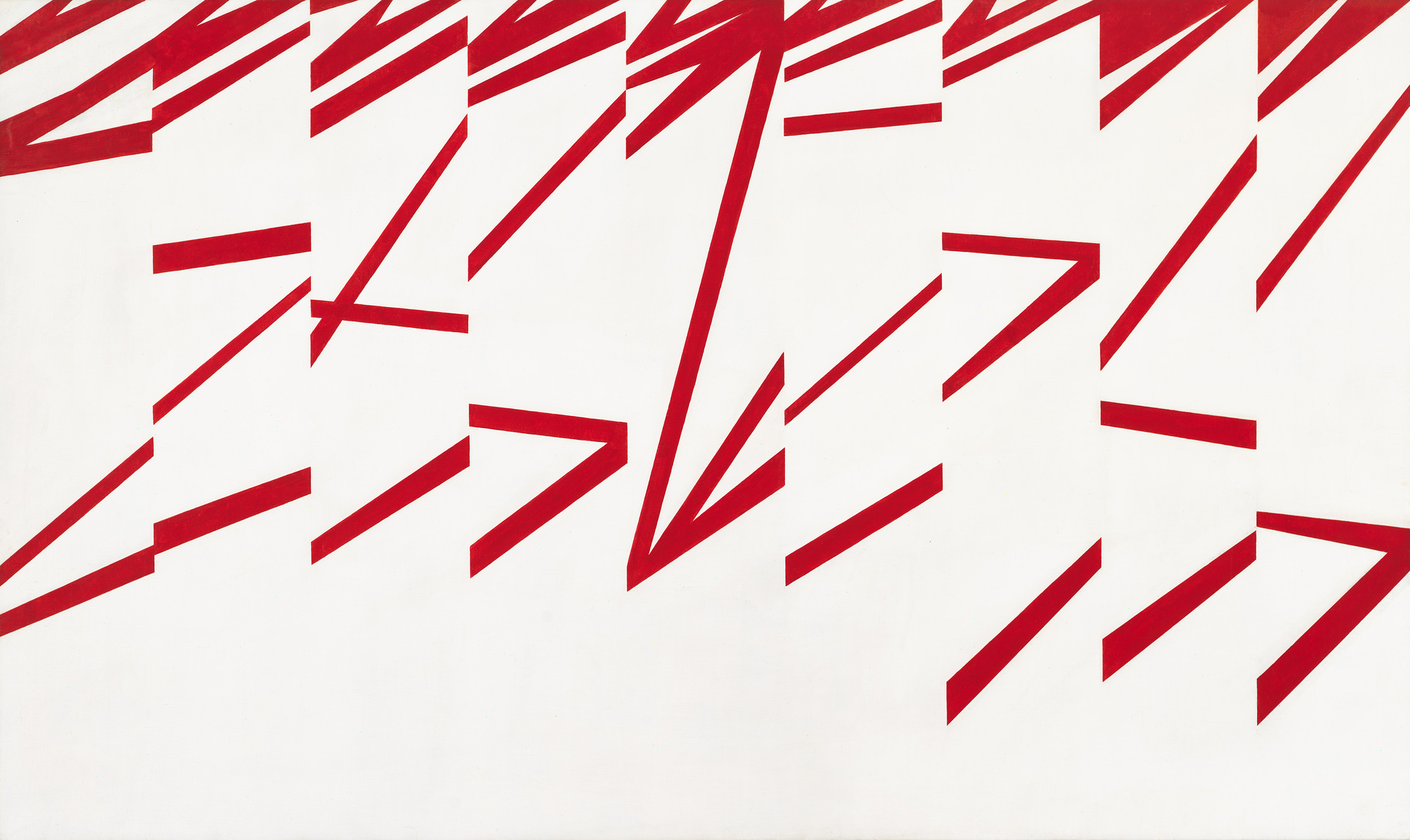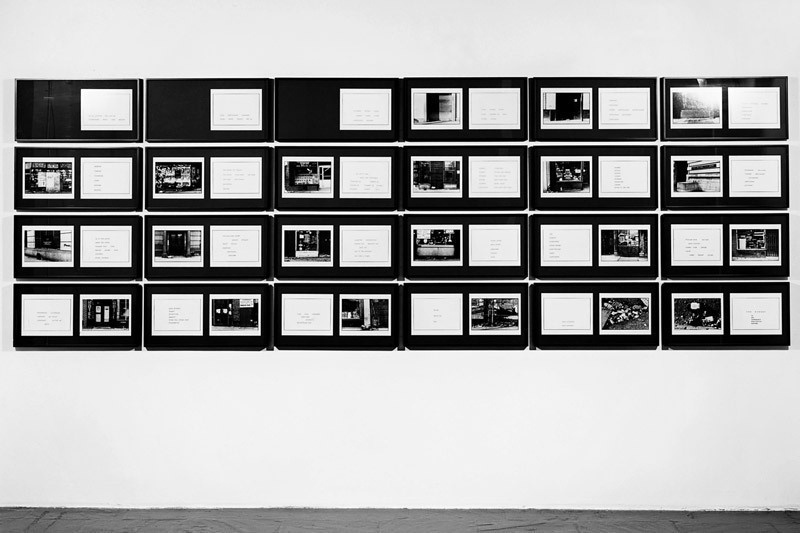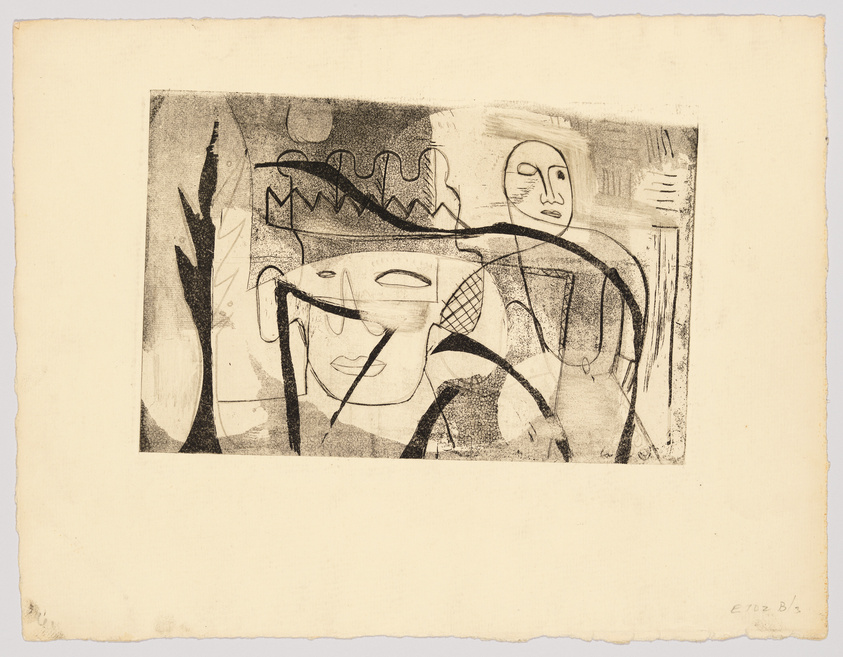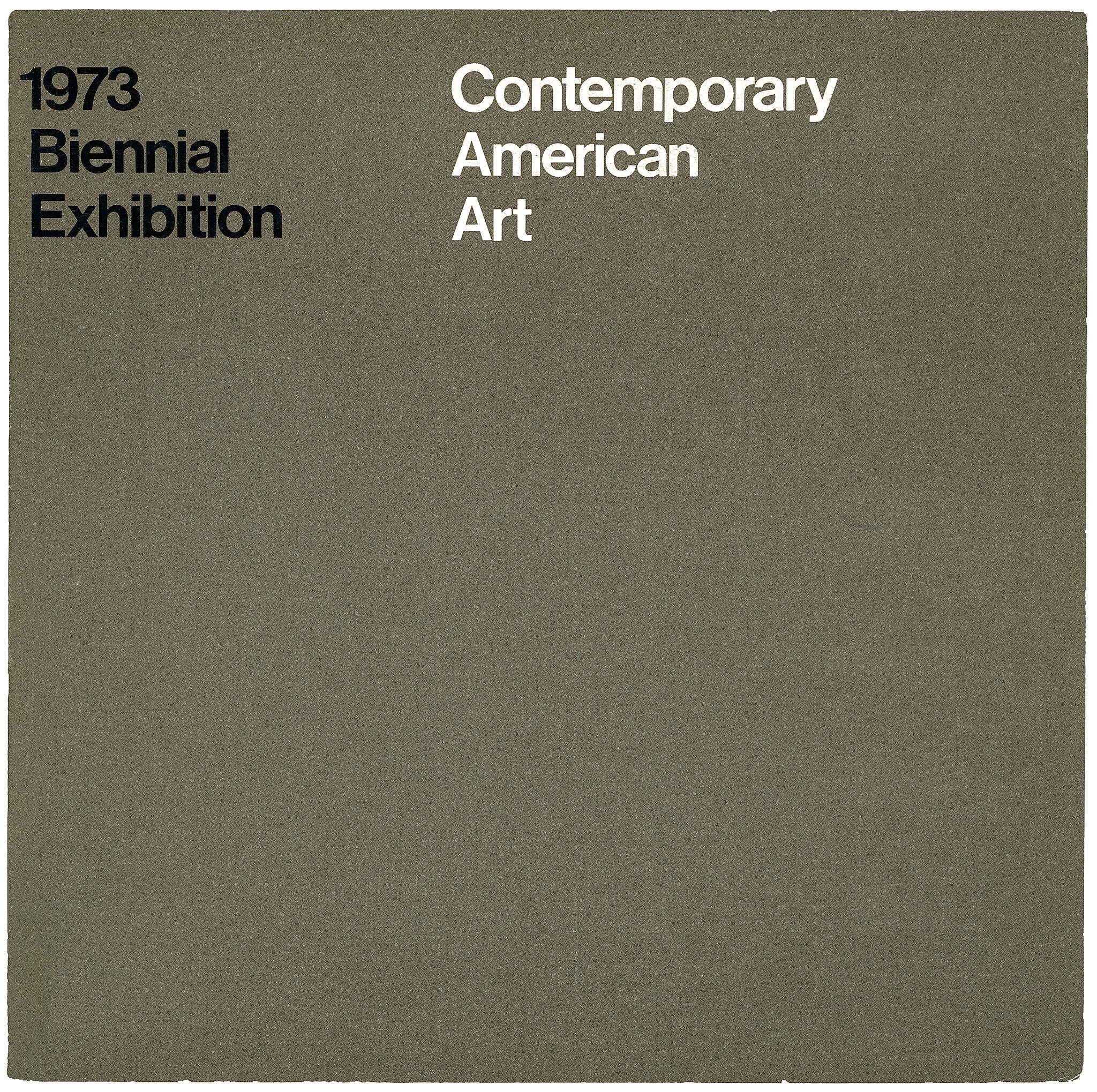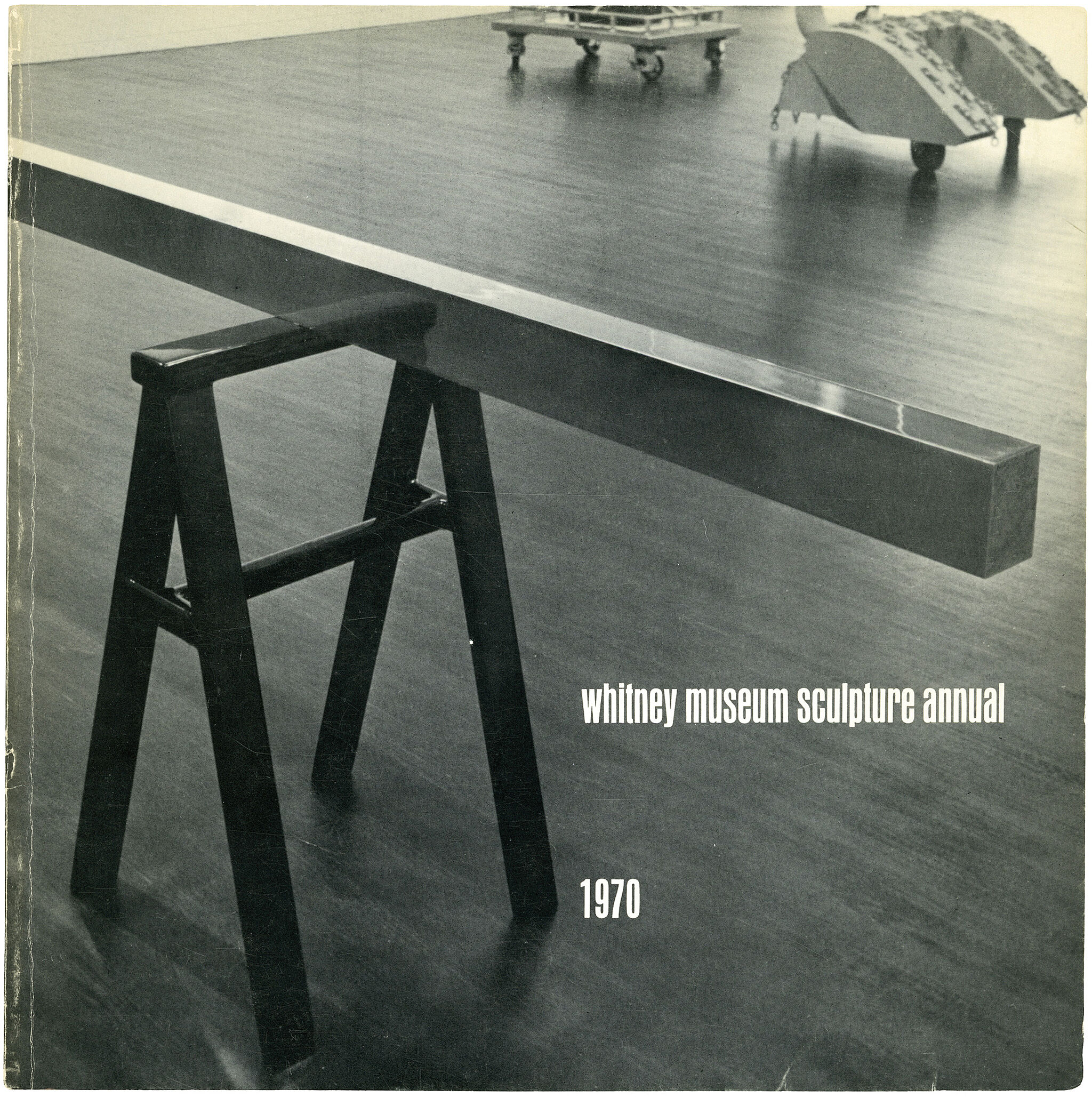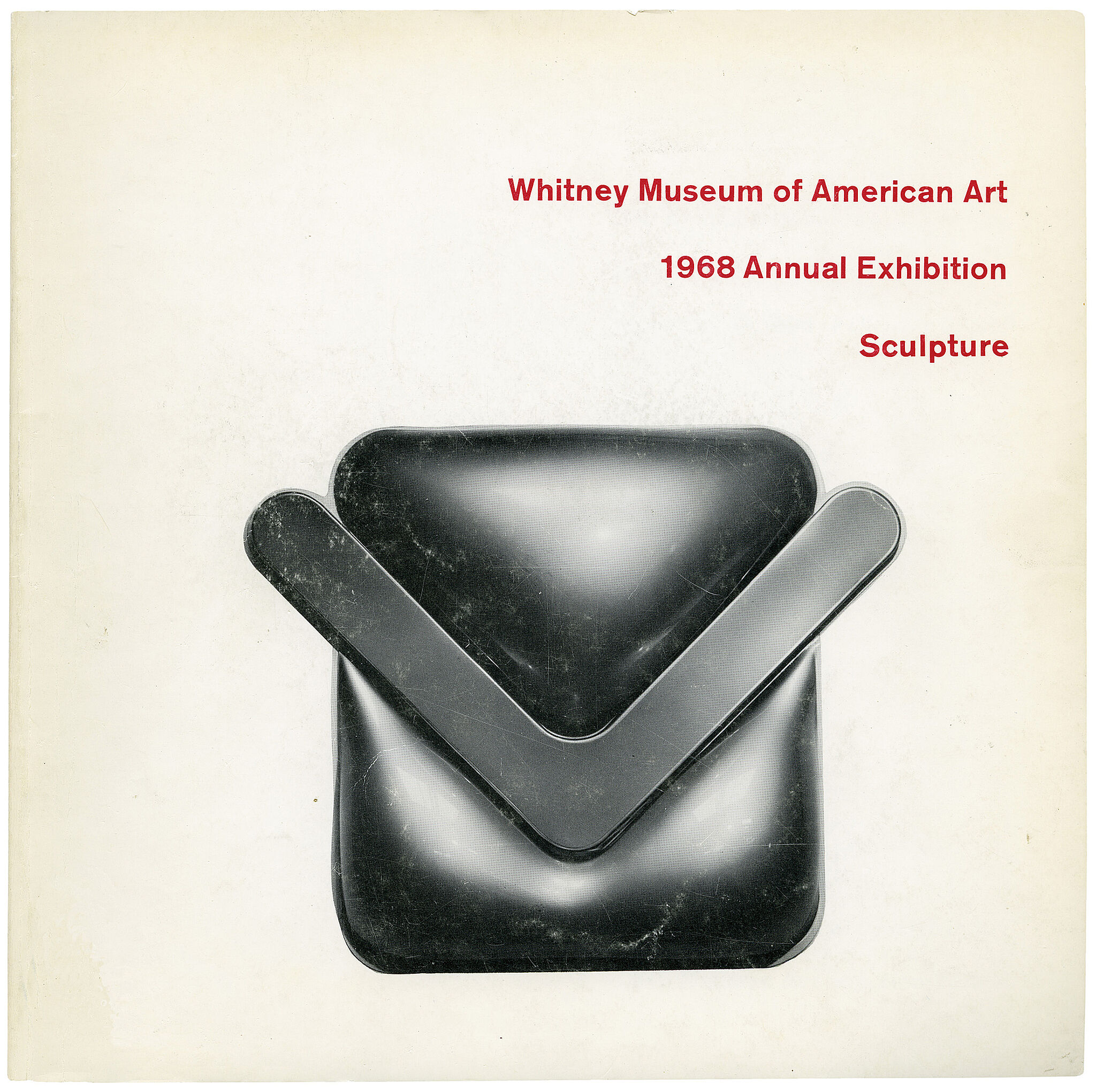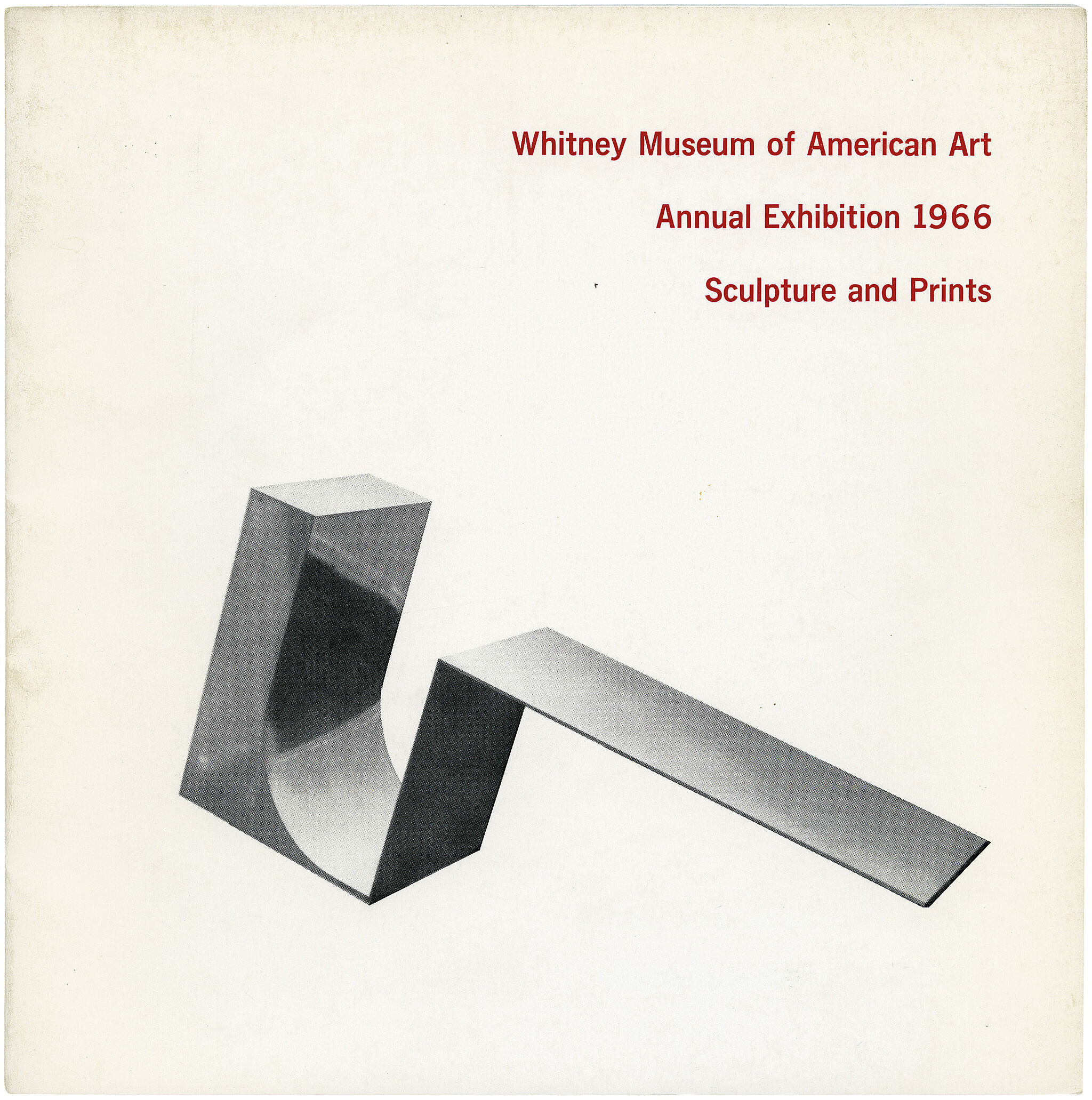Donald Judd
1928–1994
Introduction
Donald Clarence Judd (June 3, 1928 – February 12, 1994) was an American artist associated with minimalism. In his work, Judd sought autonomy and clarity for the constructed object and the space created by it, ultimately achieving a rigorously democratic presentation without compositional hierarchy. He is generally considered the leading international exponent of "minimalism", and its most important theoretician through such writings as "Specific Objects" (1964). Judd voiced his unorthodox perception of minimalism in Arts Yearbook 8, where he says, "The new three dimensional work doesn't constitute a movement, school, or style. The common aspects are too general and too little common to define a movement. The differences are greater than the similarities."
Wikidata identifier
Q250293
Information from Wikipedia, made available under the Creative Commons Attribution-ShareAlike License. Accessed October 28, 2024.
Introduction
Donald Judd studied extensively in painting, sculpture, and art theory at the Art Students League, the College of William and Mary, and Columbia University, where he received his degree in philosophy in 1953 and his MA in art history in 1962. Judd's paintings focused on simplified composition while avoiding personal expression and spatial illusion. He wrote art criticisms and essays, and moved primarily to sculpture by the end of the 1970s to enhance his ideals of using real space, emphasizing geometric simplicity.
Country of birth
United States
Roles
Artist, architect, author, installation artist, painter, sculptor, writer
ULAN identifier
500010358
Names
Donald Judd, Donarudo Jaddo, Don Judd, Donald Clarence Judd
Information from the Getty Research Institute's Union List of Artist Names ® (ULAN), made available under the ODC Attribution License. Accessed October 28, 2024.

